

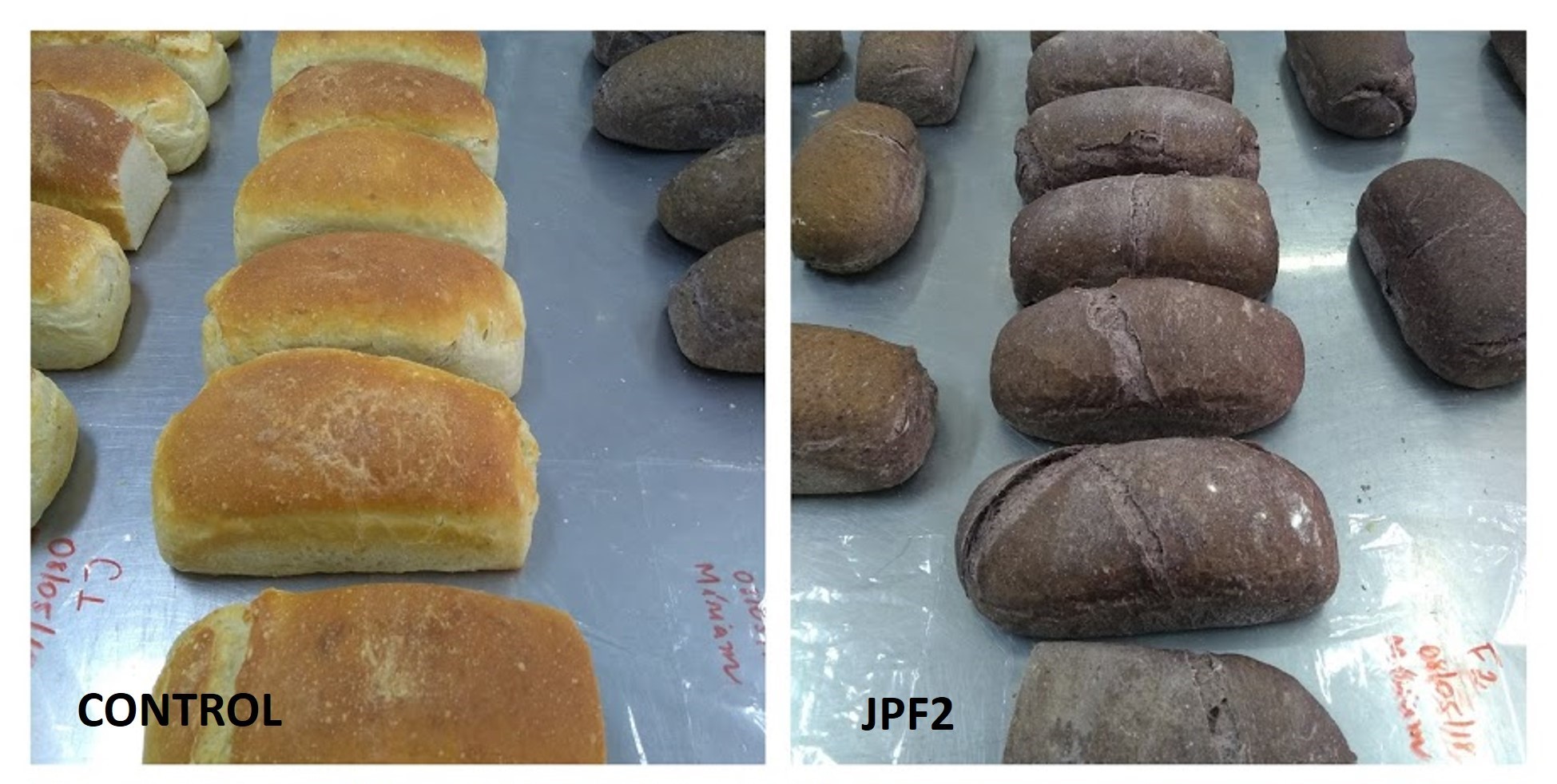
Consumption of bread supplemented with jabuticaba peel flour, which is rich in fiber and antioxidants, lowers glycemic peaks and prolongs satiety.

The result of collaboration between groups from the Federal University of São Carlos (Brazil) and Jaume I University (Spain), the innovation has already been patented.
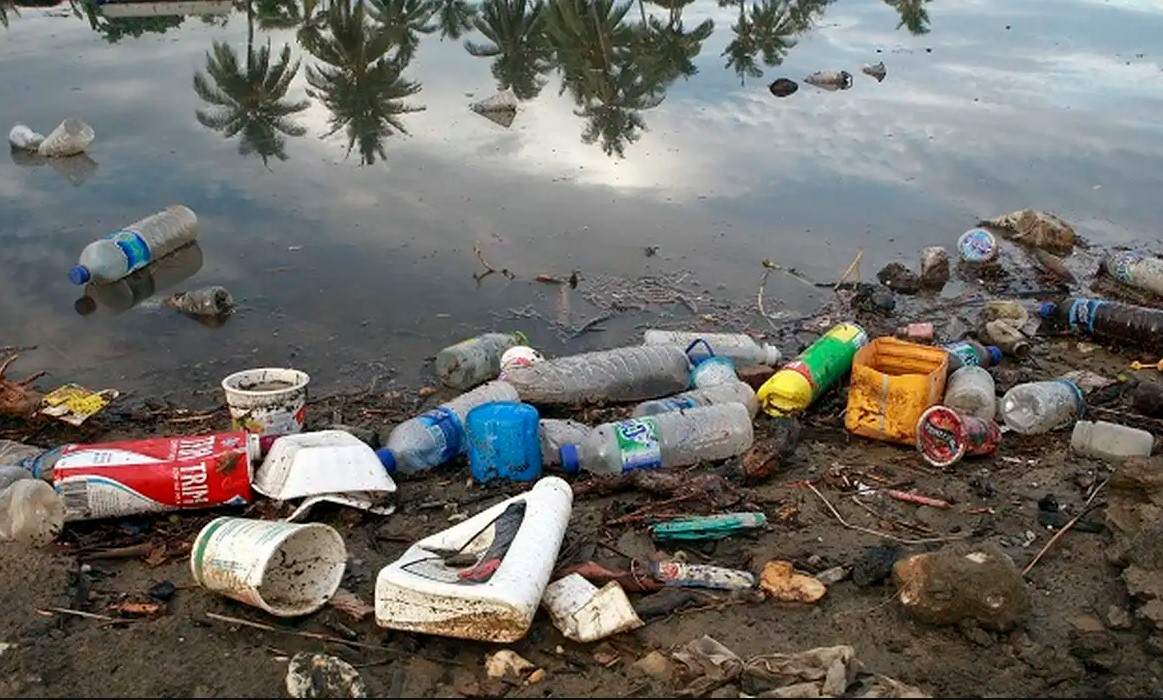
For Elena Fernandez de la Iglesia, from the Faculty of Law at the Complutense University of Madrid, taxing producers and consumers according to the amount and type of material used is one of the best tools for promoting the circular economy. The topic was discussed during FAPESP Week Spain.
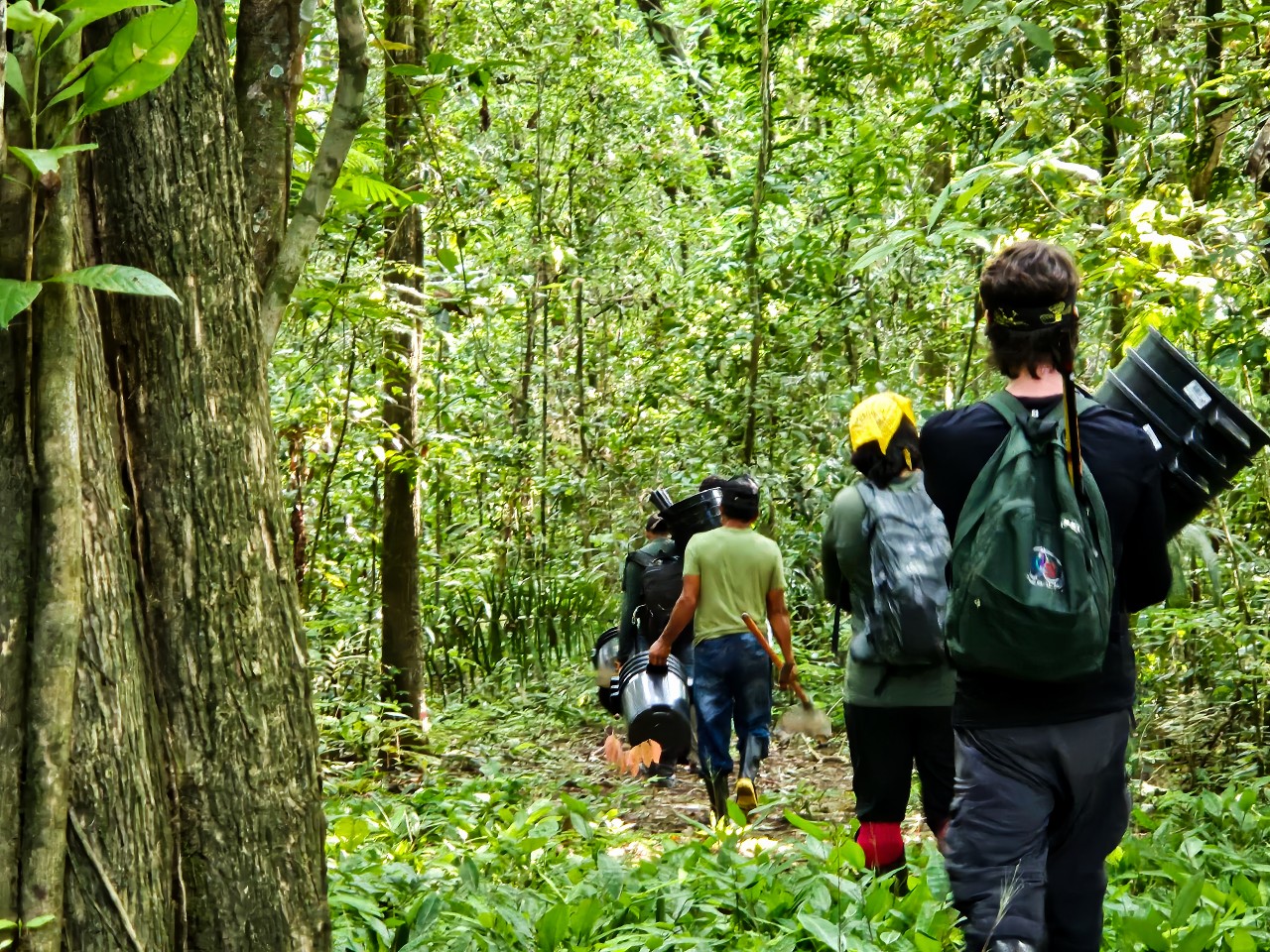
An expedition to the Maracá Ecological Station, about 130 kilometers from the capital Boa Vista, collected more than 400 specimens to study how these animals are coping with the temperature increases predicted for the coming decades. The work is part of the Amazon+10 Initiative.
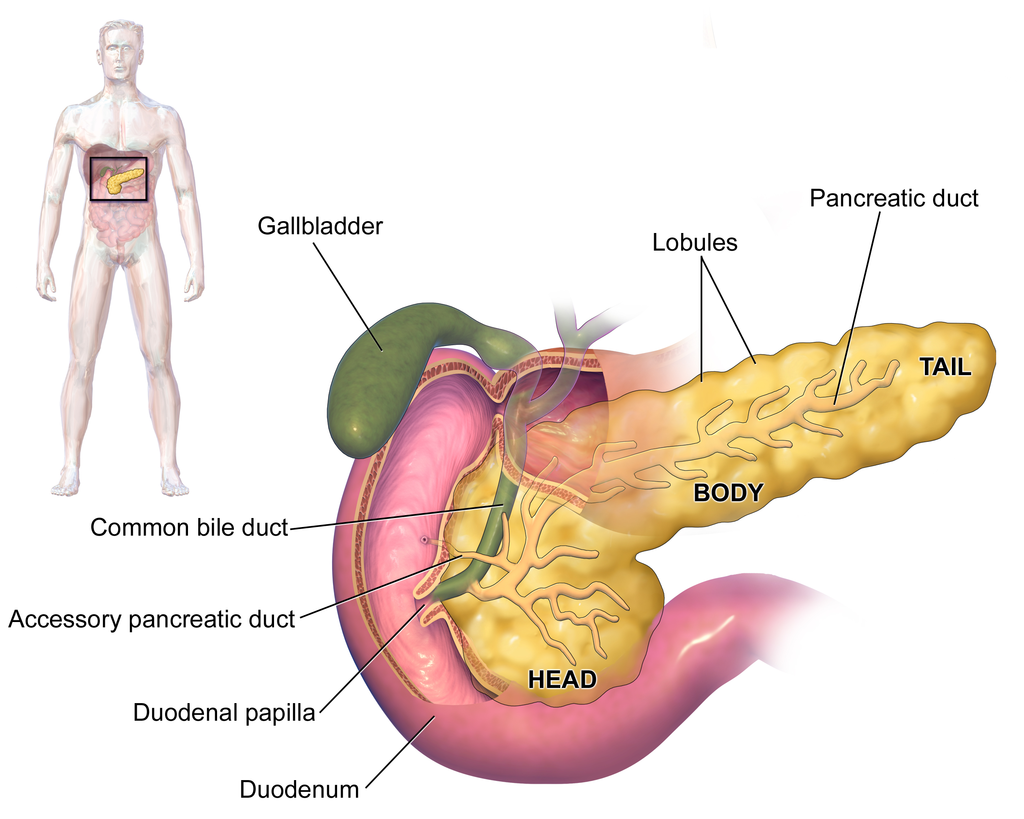
The pioneering initiative by scientists at the University of São Paulo aimed to promote early diagnosis and improve treatment of the disease, which is relatively infrequent but one of the leading causes of death from cancer in Brazil.
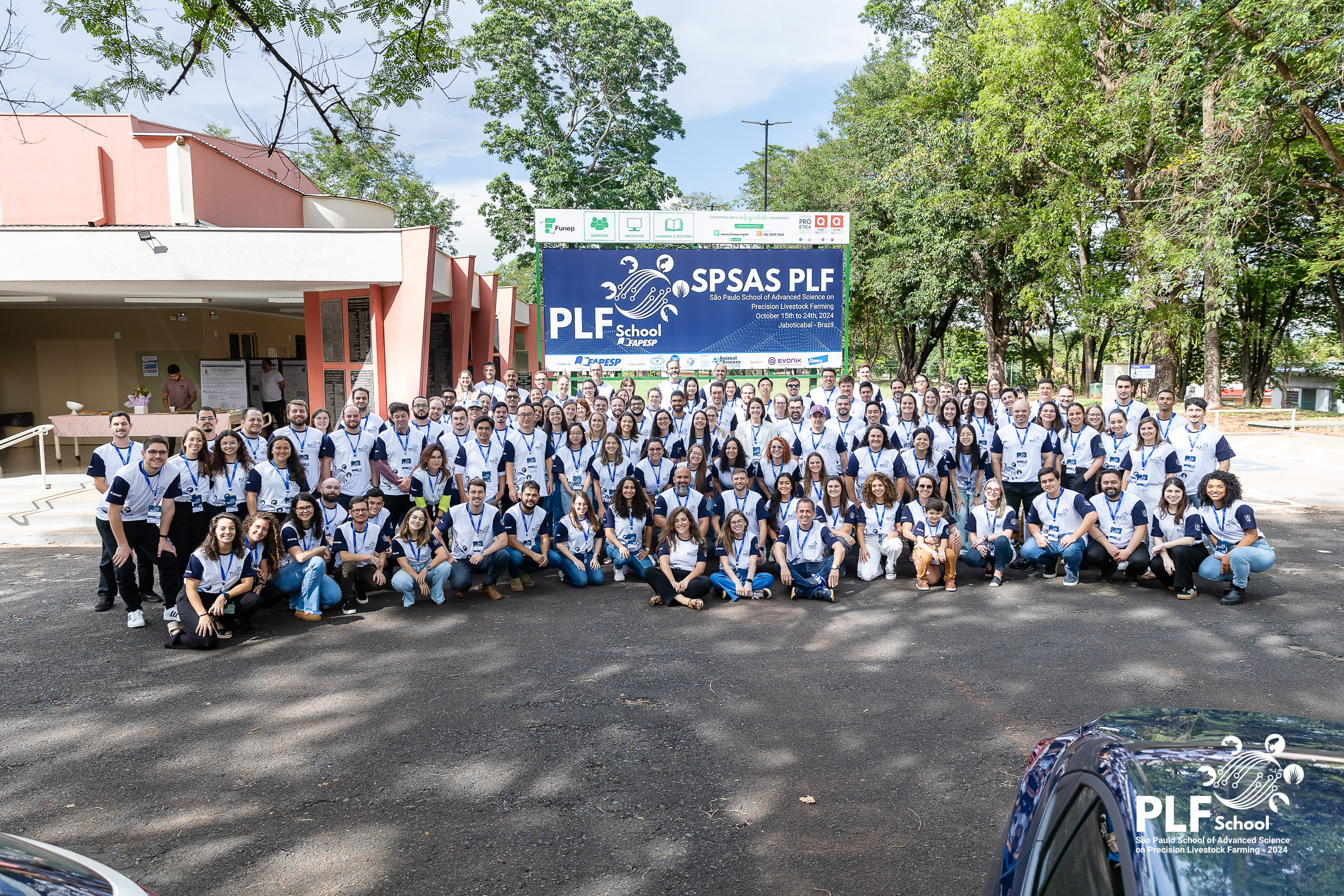
Cutting-edge technologies and systems promise to contribute to more sustainable practices but need academics, scientists, processors and farmers to join forces, according to speakers at the São Paulo School of Advanced Science held on the Jaboticabal campus of São Paulo State University.
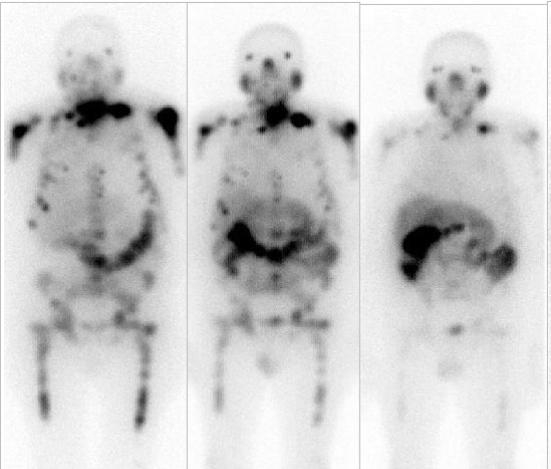
The formula developed by a startup supported by FAPESP is used to treat patients without therapeutic possibilities.

In vitro model has all three layers of the organ, simulates diseases and injuries more accurately, and could replace animals in toxicological studies of medicines and cosmetics; innovation was presented at FAPESP Week Spain.
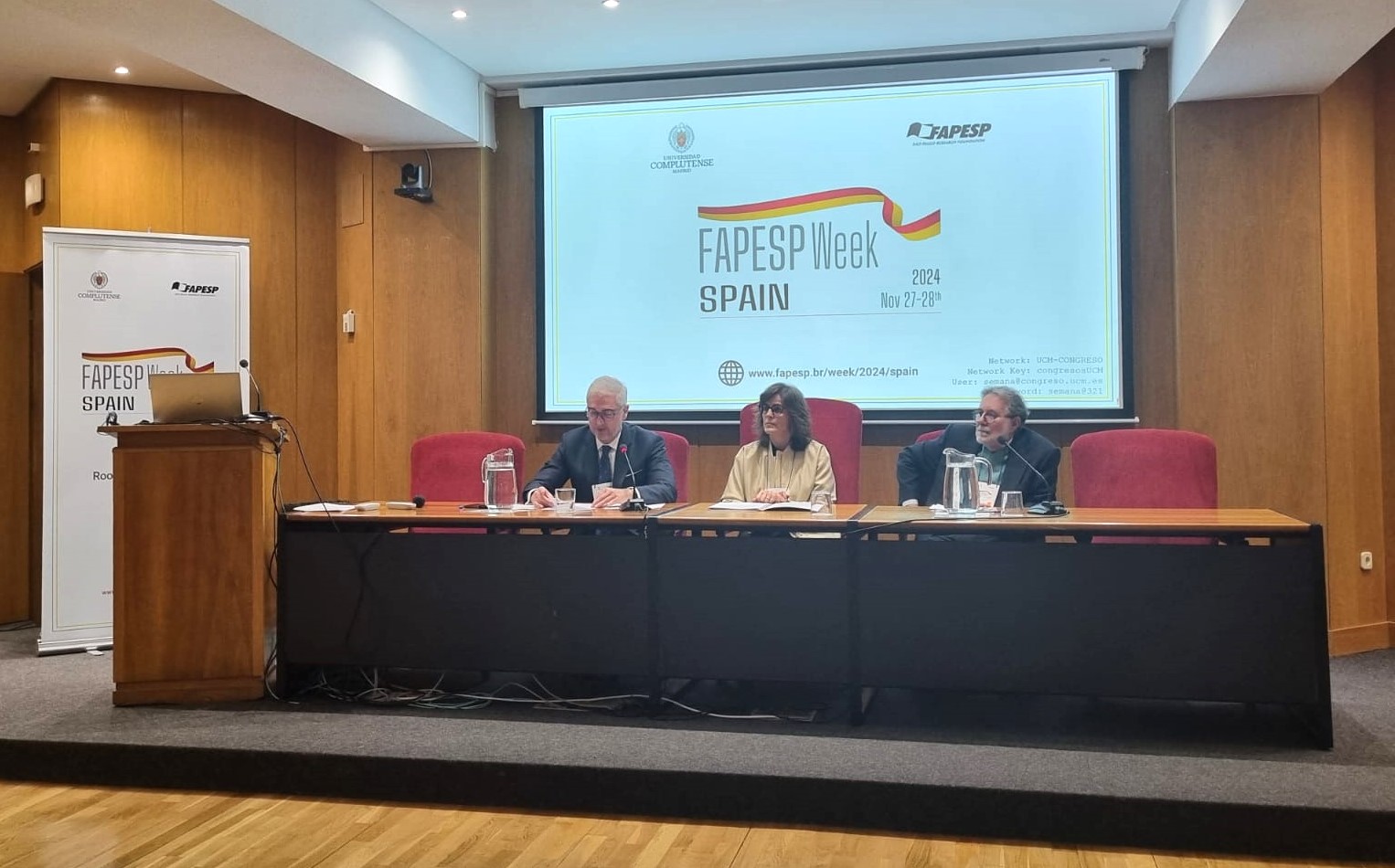
According to participants at the opening session of FAPESP Week Spain in Madrid, there is still a lot of room for increased collaboration between the two countries in these areas.
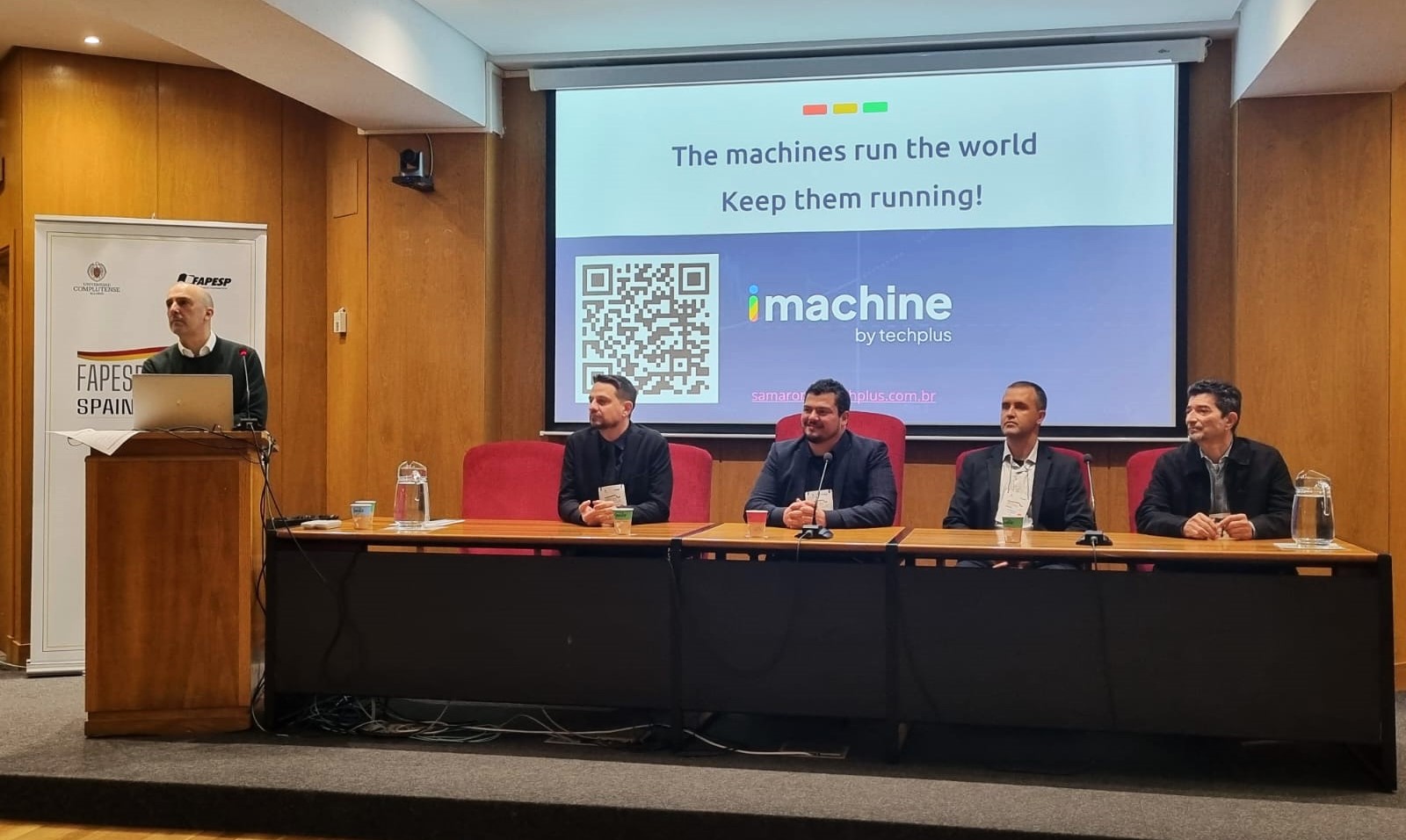
Deep techs supported by the Foundation’s innovative research program and that participated in FAPESP Week Spain are looking for partnership opportunities and potential investors in the European market.
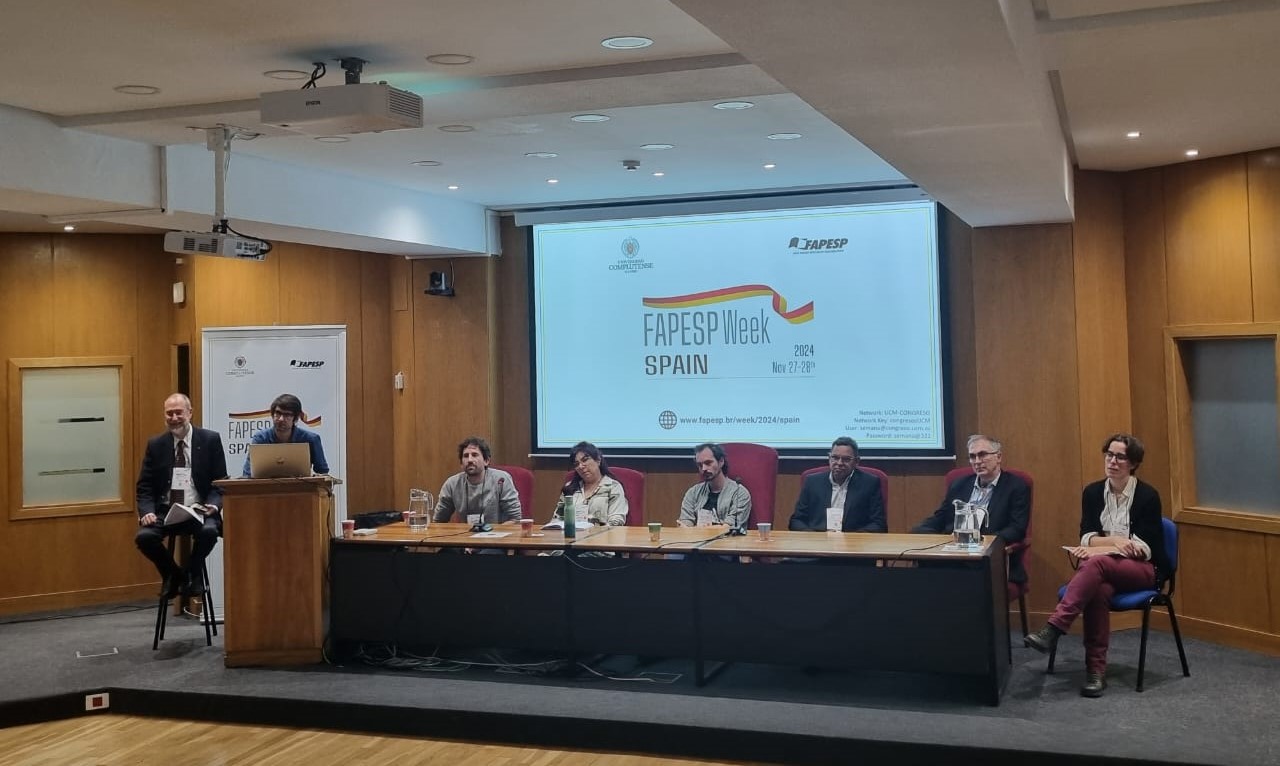
Scientists from Brazil and Spain use sensors embedded in drones and agricultural machinery, as well as satellite imagery, to predict the ideal time to harvest, reduce CO2 emissions, and manage water use in plantations; work was presented at FAPESP Week Spain.

Using a mathematical model, researchers at the Research Center for Greenhouse Gas Innovation demonstrated a potential reduction of more than 15% in polluting gases.

Researchers at the University of São Paulo analyzed data from 89 mother-father-baby triads and concluded that the higher the father’s body mass index, the smaller the baby, and that this can influence the baby’s health far into adulthood.
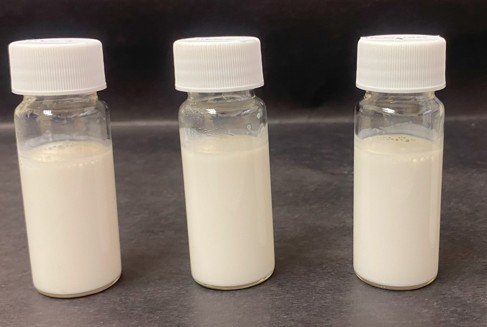
The strategy developed at the State University of Campinas consists of submitting the ingredient to heat treatment and combining it with guarana extract and vitamin D. The result could become an alternative to animal products.

WHO advisory group publishes first article in scientific journal outlining challenges and actions that can help make the field more equitable and promote progress in the prevention, diagnosis and treatment of various diseases, including rare ones.

The Guarani Aquifer is the source of drinking water for some 90 million people and is being overused in several areas of São Paulo state (Brazil). The researchers deployed stable isotopes to estimate the relative contributions of rainwater and groundwater to the maintenance of springs in the region.
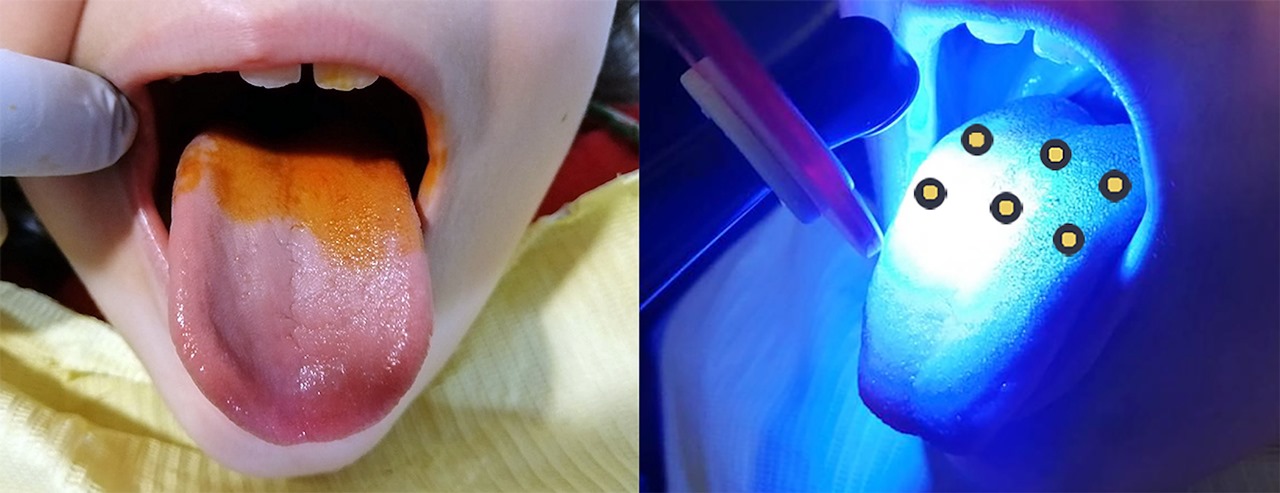
The study involved 52 mouth-breathing children aged 6-12 with halitosis. The results are published in PLOS ONE.
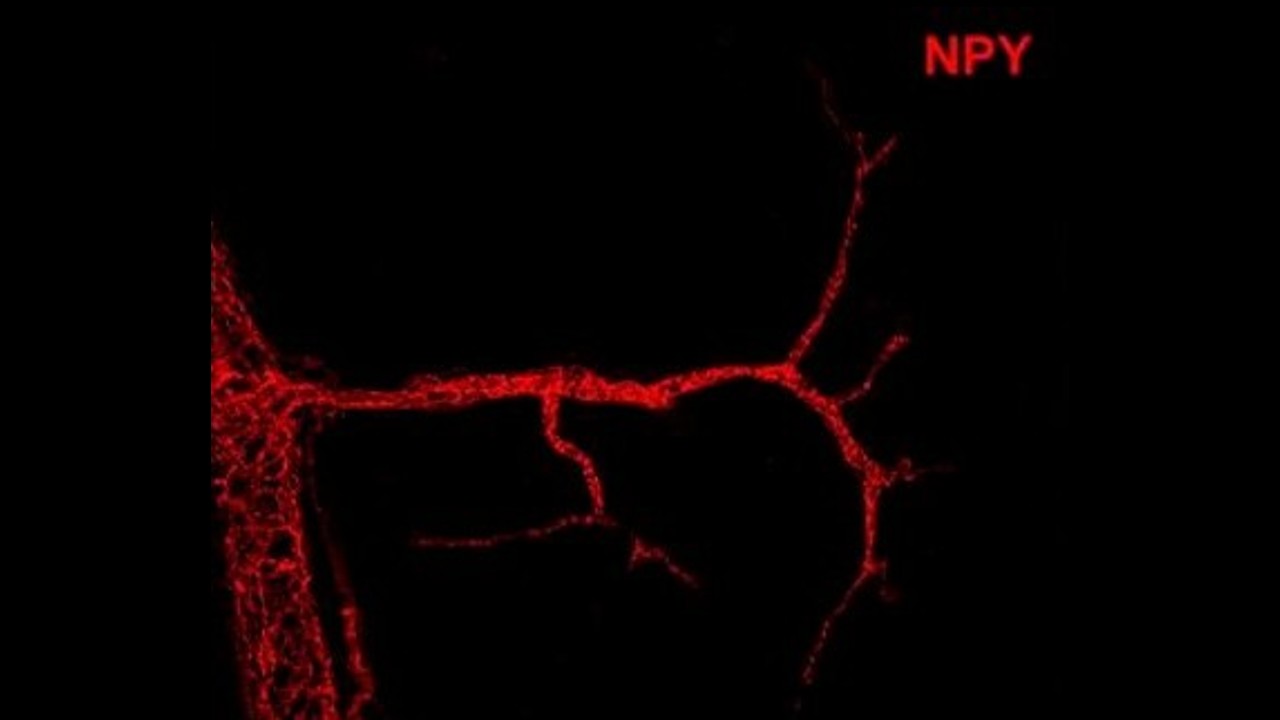
Researchers from the University of Oxford and the State University of Campinas have discovered a neuropeptide that acts on the peripheral nervous system, outside the brain, to speed up metabolism. The finding opens the way to more efficient and cheaper treatments for obesity.
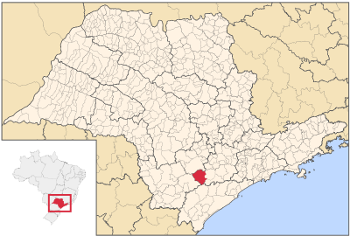
While studying a region of vineyards in the interior of the state of São Paulo, researchers observed that the most preserved sites had a greater diversity of birds and the ecological functions they perform.

Researchers at the University of São Paulo found 62 proteins specific to spores of Aspergillus fumigatus, a fungal species that causes lung disease. The study, published in Nature Microbiology, showed that at least one of these proteins inhibits human defense mechanisms.
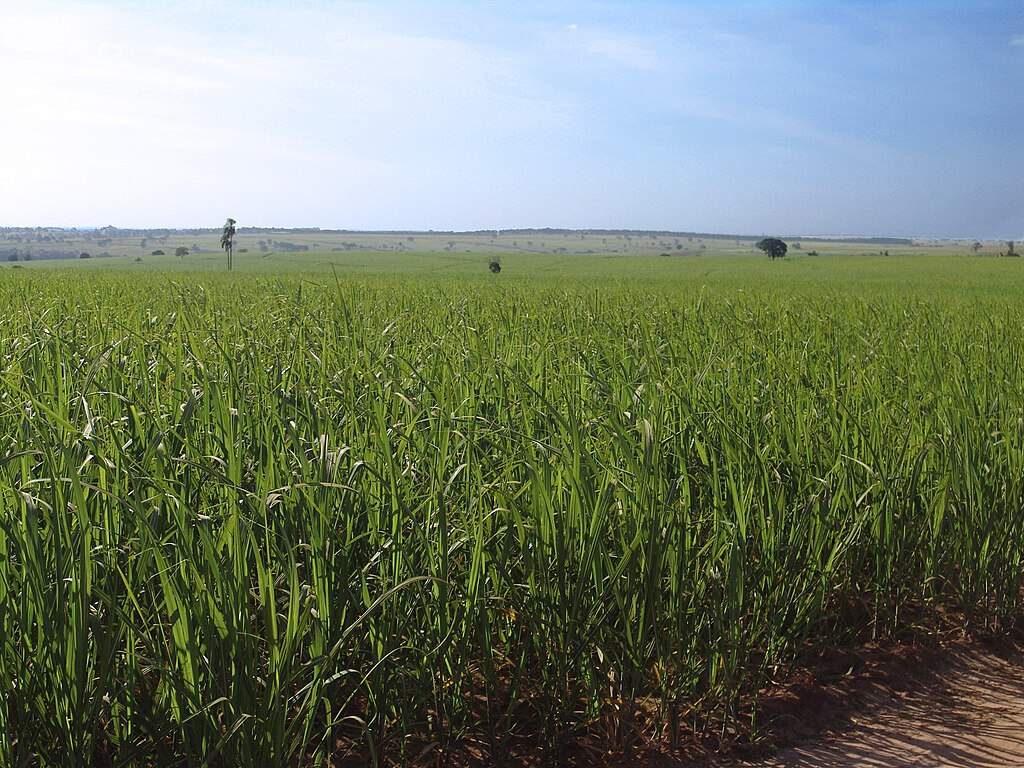
The use of biofuels in Brazil and other developing countries can avoid some 400 million metric tons of greenhouse gas emissions from the transportation sector by 2030, according to a report produced by an International Energy Agency task force led by researchers affiliated with the FAPESP Bioenergy Research Program.

São Paulo-based startup supported by FAPESP develops cheaper and more sensitive alternative to imported test kits.
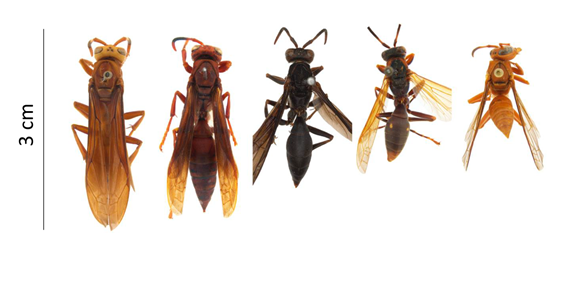
An analysis of 429 specimens belonging to 39 species representative of the diversity of Polistes in the Americas confirmed the inverse of Bergmann’s rule by pointing to larger body size for species occurring in or near the tropics compared with species inhabiting higher latitudes.

The fuel produced at the experimental station will power three city buses that will circulate around the university campus, as well as a bus that can drive 450 Km on a to and fro travel between São Paulo and Piracicaba.

Conclusion comes from study that followed more than 4,000 people aged 50 or older for 12 years; damage is mainly in brain areas associated with memory.